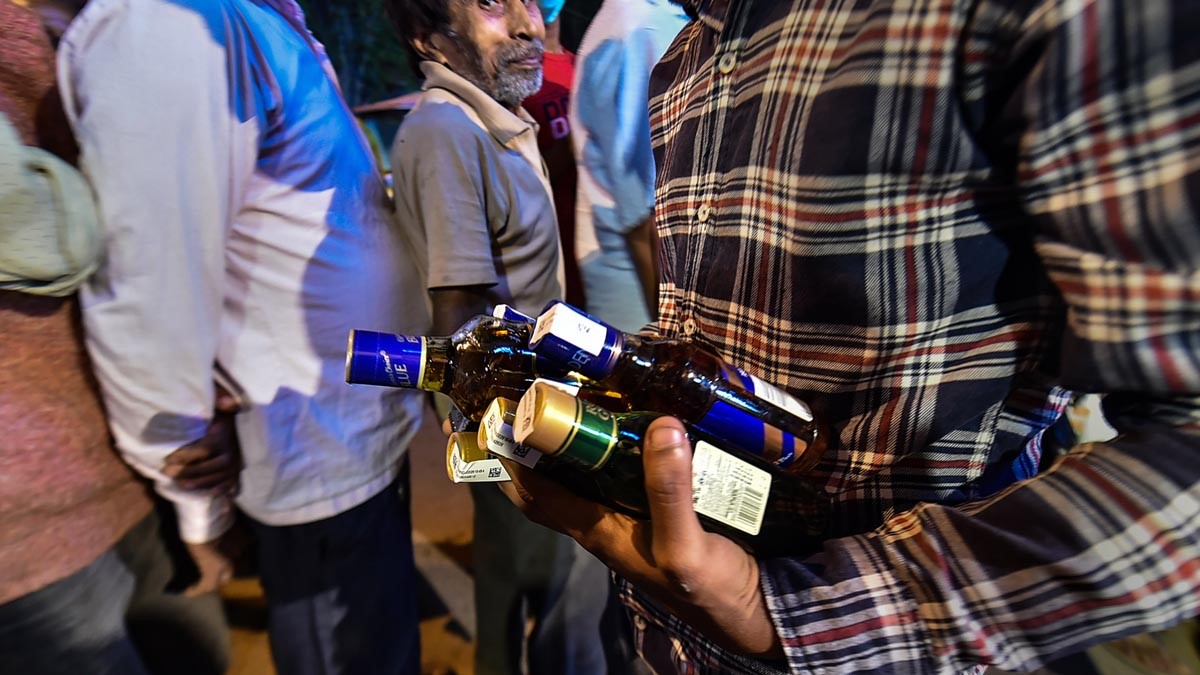
What is Japanese Encephalitis? Know its causes, symptoms and precautions

Encephalitis is a disease that results in inflammation of the brain. The patient's central nervous system is affected. It can be caused due to bacterial or viral infections of the brain, injection of toxic substances or increased complications of an infectious disease.
In India, Japanese encephalitis has claimed many lives in states like Bihar, West Bengal, Assam, Arunachal Pradesh.
Japanese encephalitis has claimed at least 700 lives in India.
The death toll in West Bengal is 208, Assam-295, Uttar Pradesh-123 and in Bihar over 200 children are suffering from this deadly disease.
Many precautionary measures are being taken in the affected areas. The government has also appealed people to be aware and take the precautions.
The endemic afflicts eastern UP during monsoon every year and continues to take people under its jaws till the onset of winters. The government undertakes massive vaccination drive against the disease every year, however, the efficacy and penetration of the drive comes under cloud with the mounting toll.
On Monday, the Union Health Minister Dr Harsh Vardhan said his Ministry was closely monitoring the situation in the affected states and added, "We are available 24X7 for any assistance."
Things you need to know about Japanese encephalitis
- Japanese encephalitis is a type of brain fever which is caused due to viral infection.
- The virus originates from mosquitoes and swines. It can also emerge from dirt or garbage.
- Once it comes in the contact of ones body, then, it directly head towards brain.
- This virus doesn't spread only through touch.
- Mostly, the children from 1 year to 14 years of age group and old people of over 65 years of age become victims of Japanese encephalitis.
- This virus is at peak during the months of August, September and October.
Symptoms of Japanese encephalitis
- Fever, headache, neck stiffness, weakness and vomiting are its initial Symptoms.
- Drowsiness, dilated pupils, Severe headache as days passes and laziness.
- Less hunger, high fever, hyper sensitive
- Stupor, disorientation, coma, tremors, occasional convulsions (especially in infants) and spastic paralysis.
- Mental retardation, nausea
- Onset of mental issues like seizures, confusion, disorientation, tremors and hallucinations.
- 50 to 60 percent people, who suffer from this disease can not survive it.
How to prevent yourself from Japanese encephalitis
Although there is no specific treatment and effective anti-viral drugs have not been discovered yet to cure this disease, but few precautions can save lives. Below are some preventive measures:
- Timely vaccination
- Maintain cleanliness and proper sanitation
- Avoid going in dirty water
- Wear fully covered clothes and use mosquito repellents.
- No water accumulation near houses, so that mosquitoes cannot breed.
- Special care during monsoon season
- Hygienic food


 Click it and Unblock the Notifications
Click it and Unblock the Notifications
































